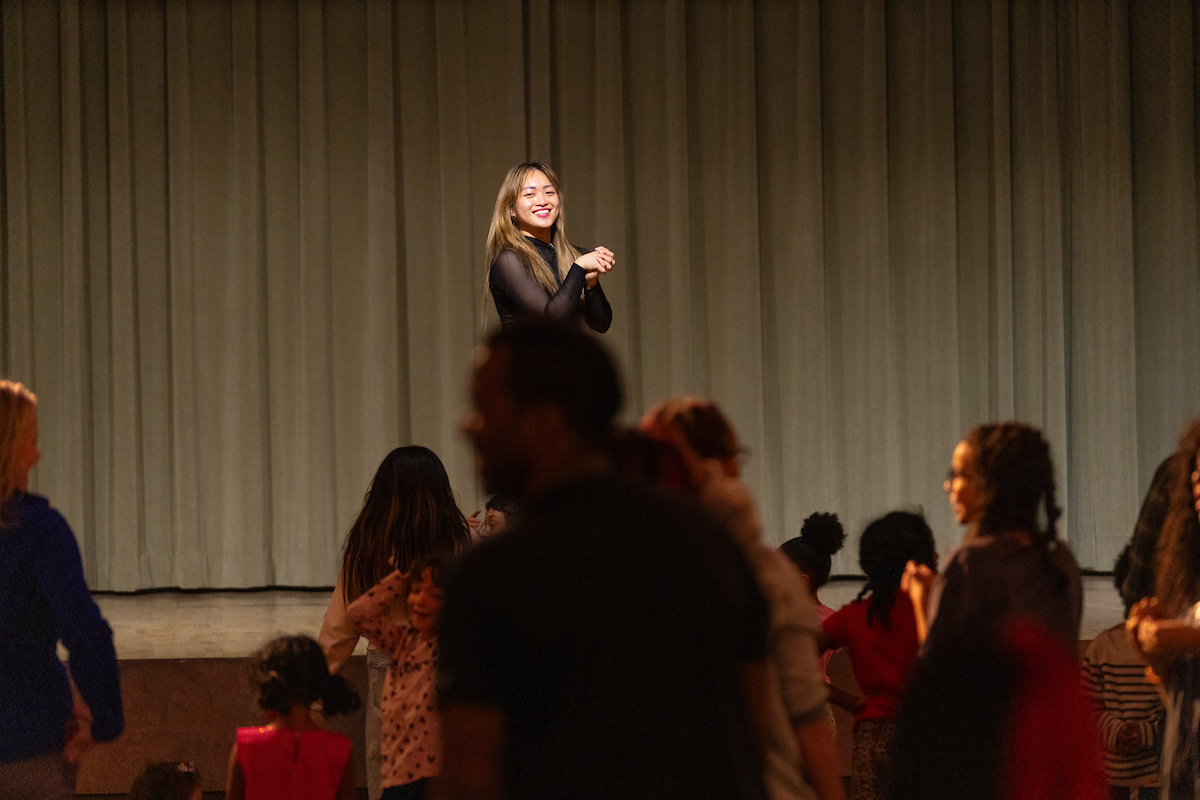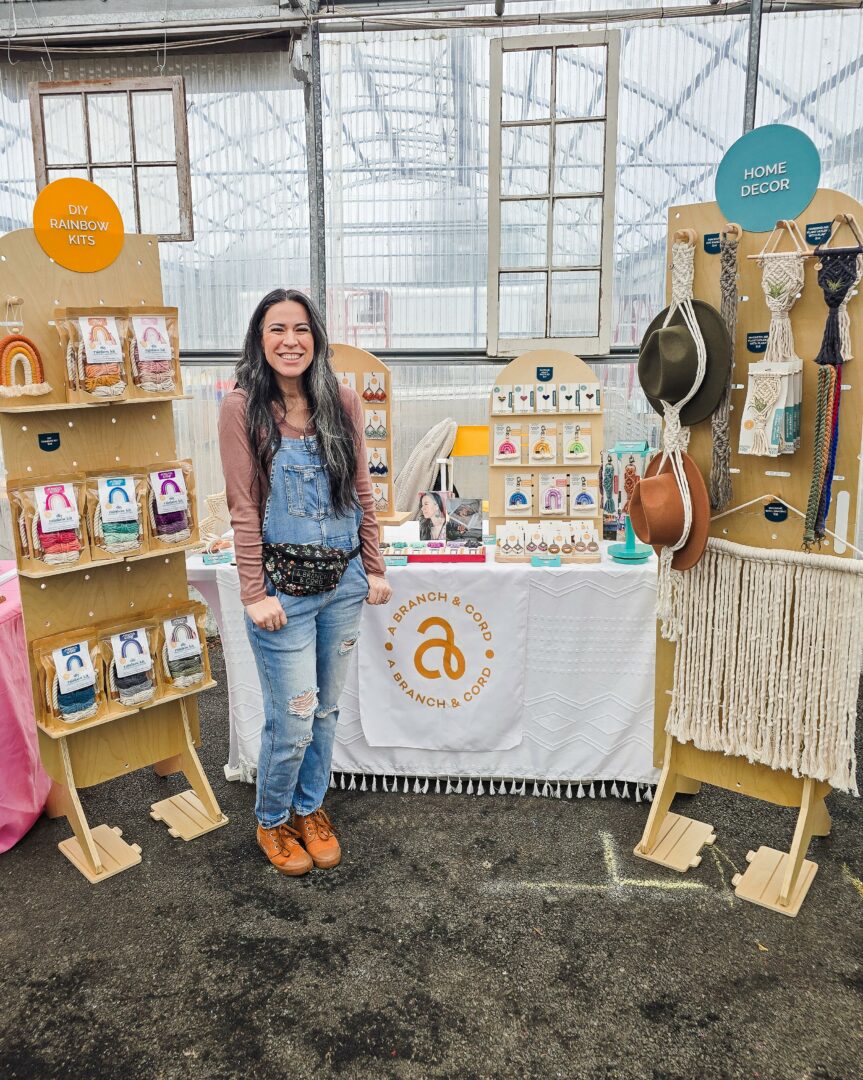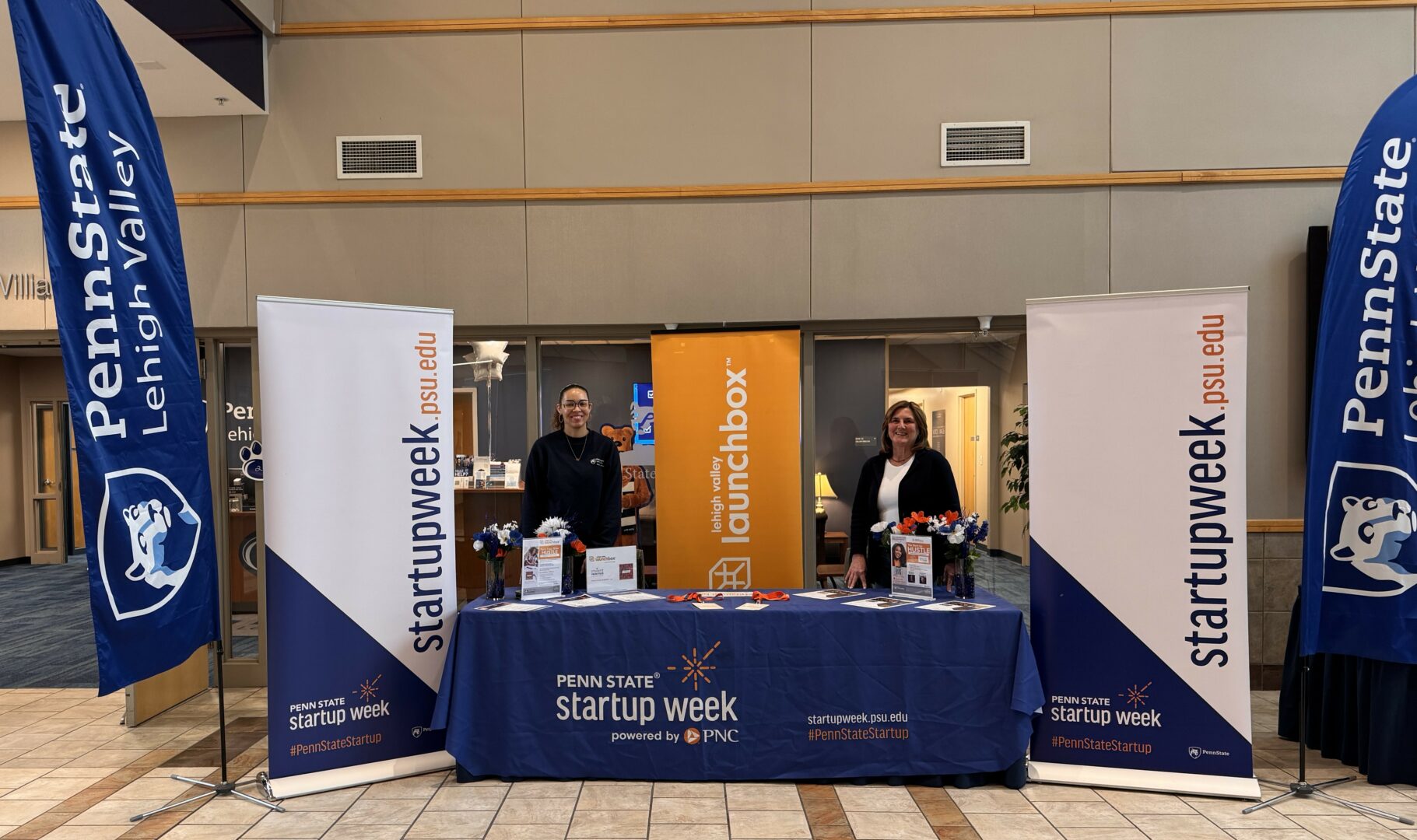We were lucky to catch up with Judy Tran recently and have shared our conversation below.
Judy, thanks so much for taking the time to share your insights and lessons with us today. We’re particularly interested in hearing about how you became such a resilient person. Where do you get your resilience from?
As a first-generation Asian American, resilience became second nature to me from a young age. It all started in 2013 when I found myself taking care of my parents and younger brother. I grew up surrounded by the culture and lifestyle that shaped my parents, but it wasn’t until life threw one challenge after another that I truly understood what it meant to support and be supported.
I became my family’s translator, the primary caregiver when my parents’ health began to decline, the main driver of our transportation, an emotional supporter, and one of the primary sources of income. These responsibilities weighed heavily on me, but at the time, I didn’t realize how crucial it was to lean on others for support.
My parents, deeply rooted in our culture and traditions, taught me to stay strong and never show vulnerability. They believed that opening up about personal struggles would only expose us to judgment within the Asian American community in Colorado. They ingrained in me the idea that resilience meant carrying everything alone and remaining strong as a leader. I realized that true strength comes not just from enduring hardships in silence, but from the quiet courage to reach out when we need help. Resilience is not the absence of vulnerability, but the ability to keep moving forward even when we’re not okay. It’s in those moments of openness, when we let others in, that we often find the strength we need to overcome life’s toughest moments.


Let’s take a small detour – maybe you can share a bit about yourself before we dive back into some of the other questions we had for you?
I was interviewed by Weaving Identities on the topic of resilience, as it resonates with me throughout my professional and educational journey. The writer, Brinda, captured all the important meanings regarding the interconnection between the story of resilience and my life. I asserted that being an Asian American is about finding a balance between honoring the sacrifices my family made to come here and creating a future that reflects my own unique experiences. It’s a constant dialogue between respecting the past and forging a new path and one where I can contribute to shaping what it means to be Asian American through my passions.
I shared how, when I was growing up at home, mental and behavioral health was never prioritized due to cultural stigma around mental health within my family. My parents believed that discussing such topics would bring shame to the family. This made it challenging for me to understand the purpose of mental health and how to express vulnerability. This was a stressful experience for me because, not only was I caring for my parents, but it was difficult to understand why they wouldn’t want to share their vulnerability. I lost my parents one year apart during the COVID-19 pandemic, but my younger brother and I’s caregiving experiences gave us motivation, strength, and the drive to continue to never give up and be there for others in communities like the Vietnamese, Buddhist, and Asian American communities in Colorado.
My experiences with my family, both personally and professionally, have inspired me to seek ways to improve the mental health and well-being of my community through clinical and research practices which are my aims to achieve as I finish my doctoral program and become a clinical psychologist.


Looking back, what do you think were the three qualities, skills, or areas of knowledge that were most impactful in your journey? What advice do you have for folks who are early in their journey in terms of how they can best develop or improve on these?
Three qualities are being empathetic, resilient, and flexible with my work. These qualities show up not only in education but also through dance. It is essential to have coping mechanisms for daily functioning, and for me, that coping mechanism is dance. Dance is not just a passion for me; it is also an outlet for me to relieve stress, anxiety, and depression. The ability to choreograph, teach, and perform dancing are forms of mental health coping mechanisms for me to function every week. I began my dance journey by learning Vietnamese traditional and modern dances, hip-hop, pop, breakdancing, and Kpop. I was motivated and determined to continue performing as a dancer because I wanted to continue for dance education, my well-being, and honor my parents. In the past, I had difficulties figuring out how to take care of myself (and still am) and still be happy. My experiences have successfully provided a positive outlet for me to create my choreography and hone my skills as a performer, dancer, and choreographer. Not many people know what their true happiness is for their mental health, and dance is what inspires and motivates me to do what I do every day. I encourage people to find their true happiness, something they can depend on for the rest of their life journey.


All the wisdom you’ve shared today is sincerely appreciated. Before we go, can you tell us about the main challenge you are currently facing?
Challenges I’m currently facing are self-doubt, over-thinking, and being hard on myself. Despite my achievements and progress in my professional and educational work, there are moments when I question whether I truly belong, if I’m being supported, if I’m being heard by others, if I’m a failure, if I’m not smart enough, if I’m not good enough dancer, if I’m going to be an excellent clinical psychologist doing therapy and assessments, or if I’m worthy of other general opportunities I’ve earned. These feelings of inadequacy can be overwhelming and anxiety-provoking, making me doubt my abilities and second-guess my decisions. It’s a constant internal struggle to push past these thoughts and remind myself that my journey is valid, that I’ve achieved so much, and that I’m still capable to keep on doing this. Overcoming this challenge requires not only self-reflection but also the courage to embrace imperfections, keep on learning, trust in my growth, love, and stay positive and vulnerable.
Contact Info:
- Website: https://linktr.ee/judytran?fbclid=PAZXh0bgNhZW0CMTEAAab4_6yM-n2nhEHlgI9I0Kd-CMWPFzkPgNrMlCm2QFdFhLIJd78O4S9e8ec_aem_lA3n0WVawwV7eSzWOf3JFw
- Instagram: https://www.instagram.com/tran_judy/


Image Credits
Courtesy of Denver Botanic Gardens. © Scott Dressel-Martin.
Kai Davis
Miguel Ortega (Fotos Kiko)
so if you or someone you know deserves recognition please let us know here.




